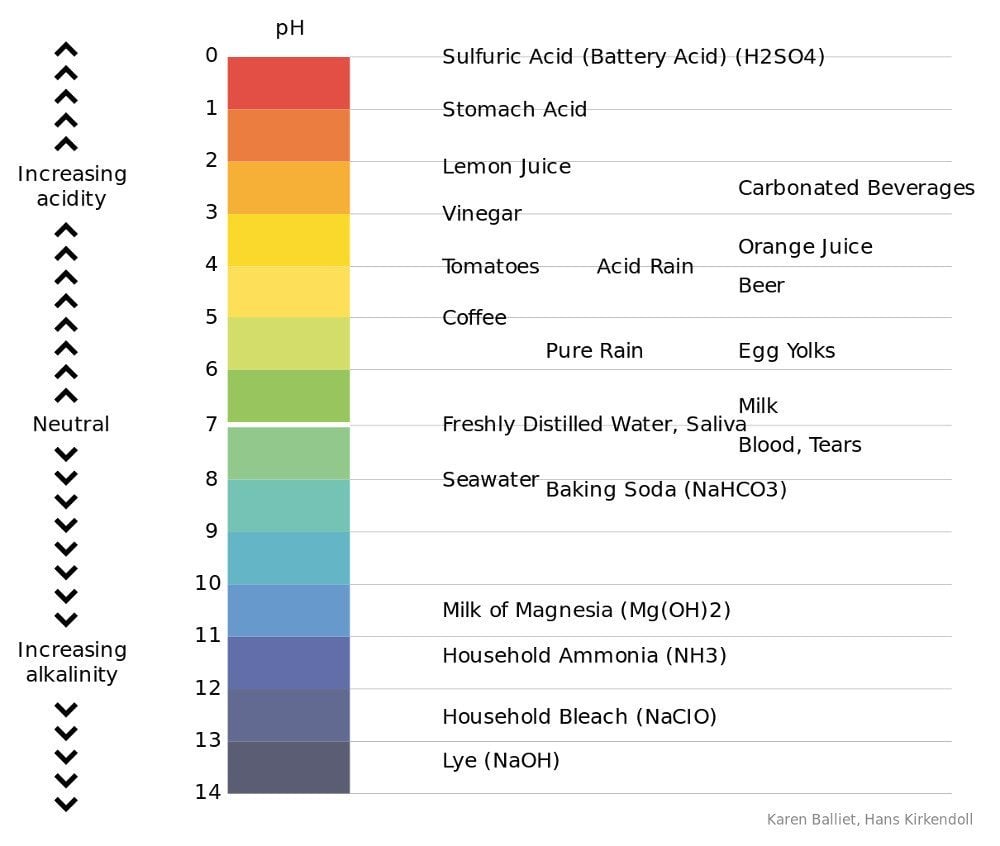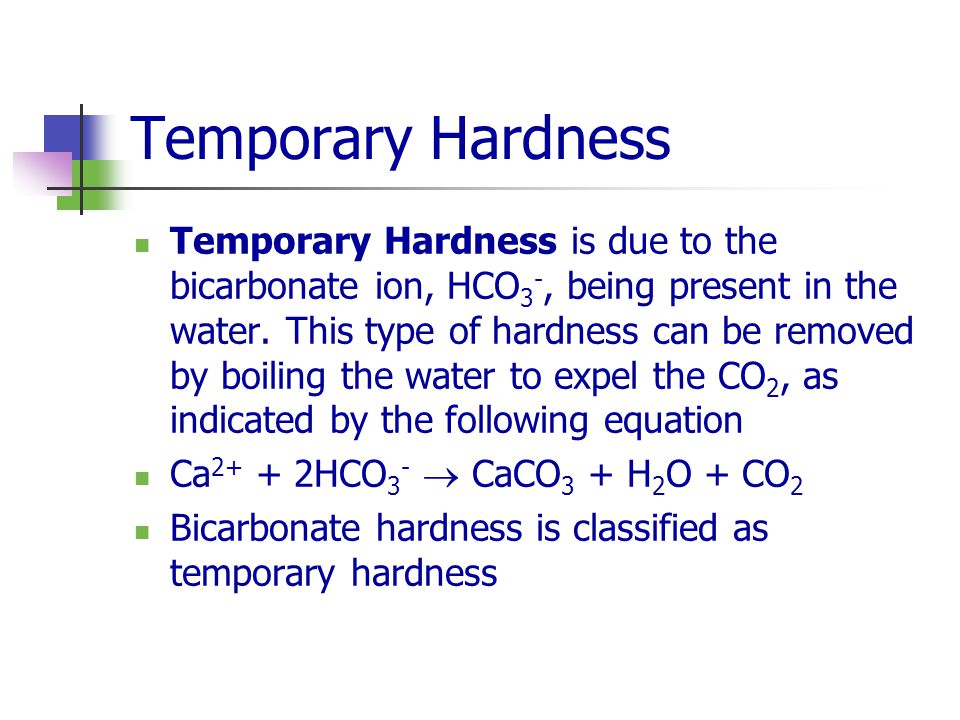
How do you calculate the hardness of water? What is general hardness of water (gh)? What are the different ways for measuring hardness in water? Water hardness is quantified by the concentration of calcium and magnesium ions in the water. Minerals consist of atoms, or molecules, that are bound together because they have opposite electric charges.

Atoms, or molecules that are charge are called ions. The simple definition of water hardness is the amount of dissolved calcium and magnesium in the water. Hard water is high in dissolved minerals, largely calcium and magnesium. You may have felt the effects of hard water, literally, the last time you washed your hands. Note water may contain minerals and yet not be considered har by this definition.
Calcium and magnesium enter water mainly through the weathering of rocks. The more calcium and magnesium in water, the harder the water. Hardness is defined as the concentrations of calcium and magnesium ions expressed in terms of calcium carbonate. These minerals in water can cause some everyday problems.

They react with soap and produce a deposit called soap curd that remains on the skin and clothes an because it is insoluble and sticky, cannot be removed by rinsing. The liming effects on the total hardness of water varied depending on the salts used. Reducing the hardness of water may increase its ability to remove bacteria from the skin of broiler chickens. Total Hardness Definition - Total hardness is a measurement of the mineral content in a water sample that is irreversible by boiling.
The map below shows just how water hardness varies across the country. Even if you don’t live in the “very hard” or “extremely hard” water zones, you may start to see the effects of hard water at around grains of hardness. When heate these minerals precipitate out of water and encrust themselves onto items as scale or mineral deposits, affecting the performance of equipment.
These ions do not pose any health threat, but they can engage in reactions that leave insoluble mineral deposits. The term hardness was originally applied to waters that were hard to wash in, referring to the soap wasting properties of hard water. Typically, the water produced by Fairfax Water is considered “moderately hard” to “hard. The amount of mineral content that water contains determines the hardness level of the water.
The United States Geological Survey (USGS) measures water hardness as milligrams of calcium carbonate per liter. The Water Hardness Scale – How Hard is Your Water? Most people recognize what hard water feels like – it dries quickly, doesn’t produce a good soap lather, and leaves your hair looking dull. Many people also recognize the signs of hard water in a home – spotting on dishes, soap scum, and scaling on faucets.
The carbonate hardness of water , also known as carbonate alkalinity, refers to how the alkalinity of water is measured. Carbonate hardness is commonly referred to as KH.
No comments:
Post a Comment
Note: Only a member of this blog may post a comment.